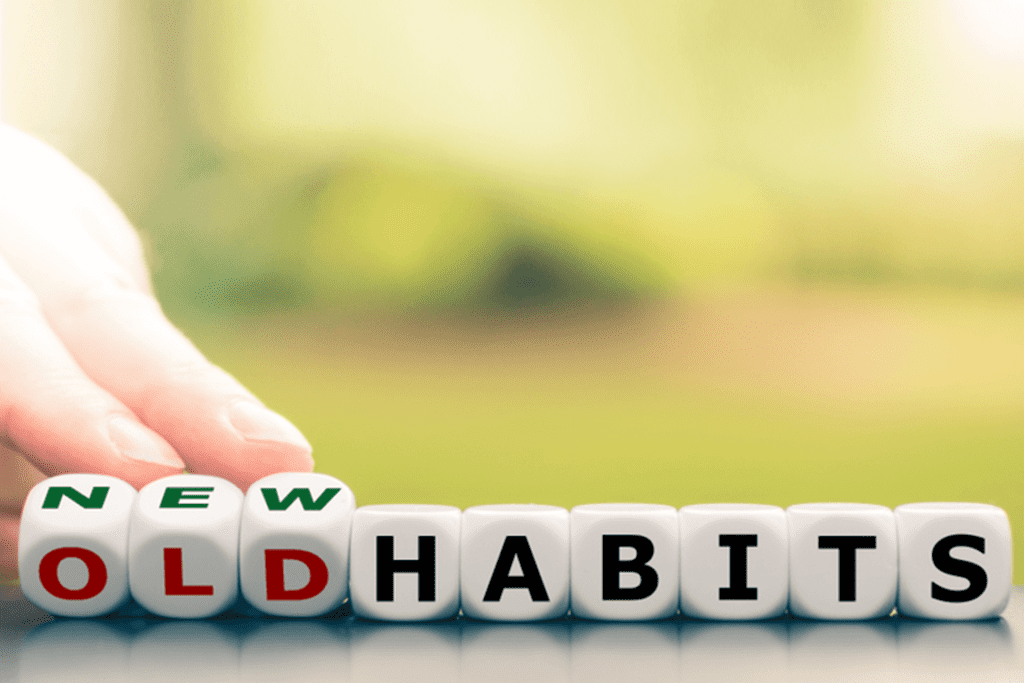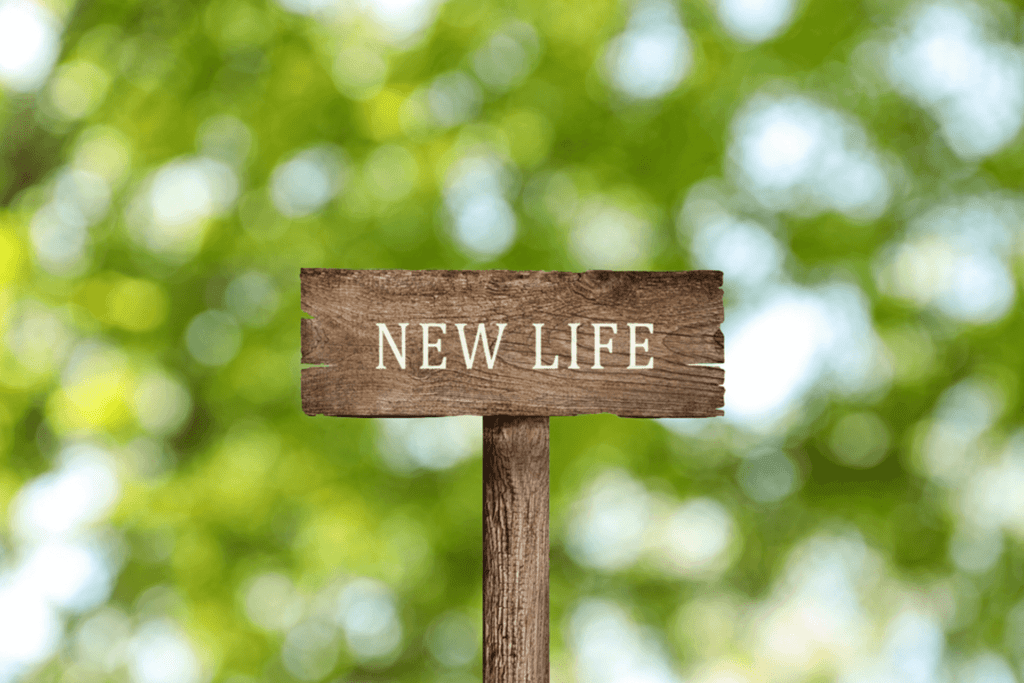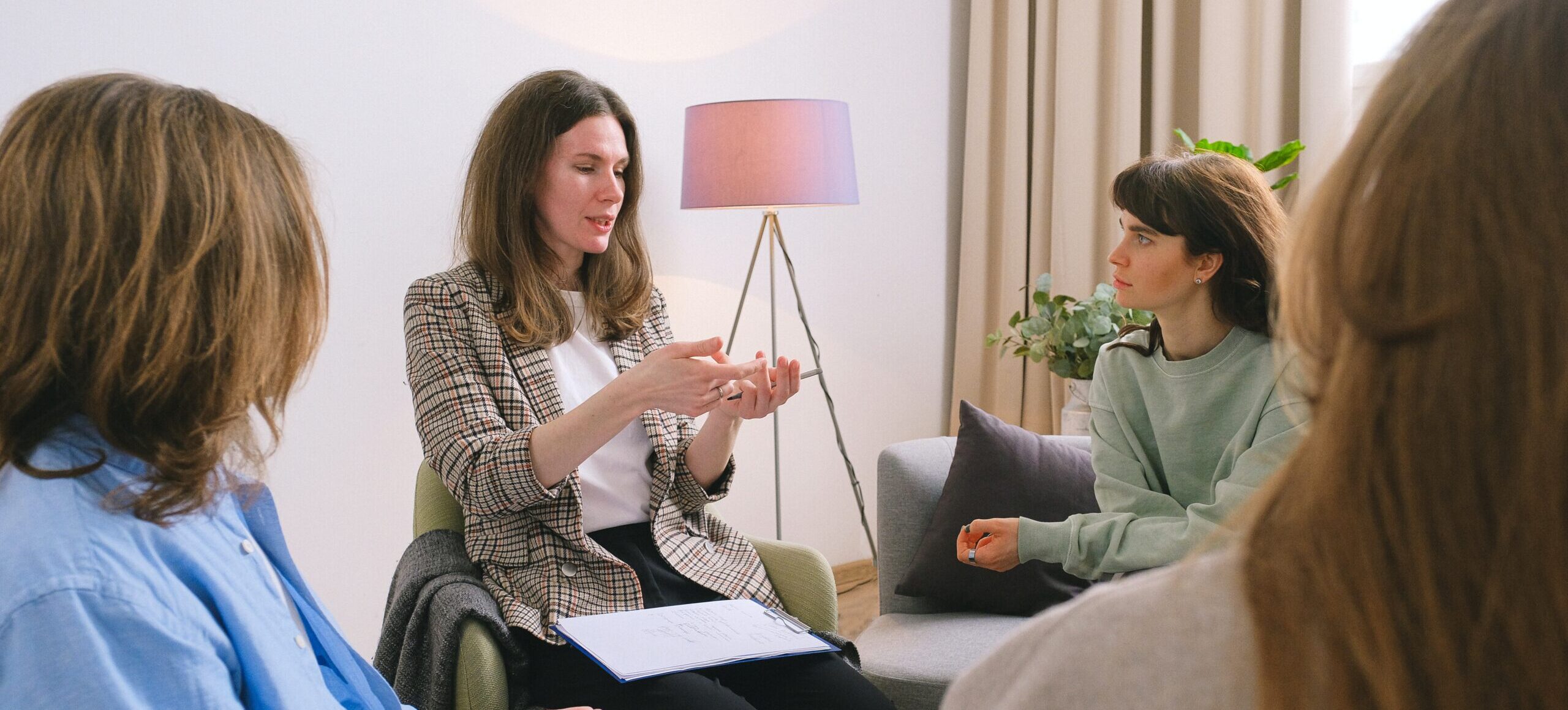After completing your addiction treatment center rehab program, you are ready for a fresh start. It requires courage and perseverance to start this new journey as you navigate a way to live without drugs and alcohol. With all the emotions still swirling in your head, you may be asking yourself, “Where do I start?”
The top priority is to know you don’t have to do it alone. The team at Gratitude Lodge will always be here to support you in any way. Your friends and family are waiting for you to return home and are ready to support you however needed. It is important to reconnect with your family and close friends after leaving an addiction rehab center because they will give you a sense of normalcy and help you feel grounded during this time.

ROUTINE DURING & AFTER ADDICTION RECOVERY IS KEY
Patients completing addiction recovery begin realizing all the things they need to do to get re-acclimated to life outside of a treatment center. Things like finding a job and paying bills are at the forefront of your mind and you’re wondering how it’s all going to work out. The first step is to establish a routine for yourself so you don’t get overwhelmed. Some steps you can take to start that process include:
- Keep a slow & steady pace — there is no need to rush things. You just completed a difficult journey and you are learning to adjust to a new way of living.
- Make amends — apologize to family, friends, and workplace colleagues for how you may have acted and let them know that you are taking responsibility.
- Eliminate toxic factors — this includes friends, family, and even places that could be potential triggers for relapse. It is important to get rid of guilt-trippers, blamers, complainers, enablers, and users in your life to avoid temptation.
- Find hobbies and activities — fill your new-found time with hobbies or activities that bring you a sense of joy. Things like walking, hiking, biking, golfing, caring for a pet, being creative in writing or the arts, and more.
- Focus on your health and overall wellness — exercise, eat healthy, get enough sleep, and set up a daily schedule to follow.
- Set new goals for yourself — make plans and work toward fulfilling them. Ask yourself, “What do I want for myself in the future?” or “What do I want my future to look like?” Looking to the future can help you stay motivated in the present to stay clean and sober for the long term.
Establishing a regular daily and weekly routine helps you create and maintain good practices that will become positive habits. These habits add strength to your mindset and lead to long-term addiction recovery and sober living.
BRAIN RECOVERY TIME
The brain controls the body through neurons that send messages to the rest of your body, facilitating proper functions. When substance addiction occurs, the drugs or alcohol interfere with those messages being sent and can even mimic neurons, which alters the normal functioning of the brain.
Drugs also cause a surge of dopamine, the feel-good chemical in the brain. Addiction begins because the surge of dopamine you get when using is pleasurable and you want that feeling repeated. It eventually comes down to the point where you are having to use more and more because your receptors are essentially being dulled over time and it requires more of the drug to get that good feeling.
This is why detox in California is vital to your recovery. The brain has to re-learn how to function properly. This process can take weeks or even months, depending on the severity level of the addiction. The brain is an adaptable organ and can heal itself, so a full brain recovery after addiction is possible. While in drug and alcohol rehab, detox, therapy, and medication help get your brain back on track. After treatment, it is important to find activities that will boost dopamine levels naturally such as exercise, healthy eating and hobbies.

WHAT IF RELAPSE OCCURS?
According to the National Institute of Drug Abuse (NIDA), relapse occurs in 40-60% of recovering victims. Relapse is a very real possibility for those who are in recovery, but it is important to remember that with any disease, there is no cure and relapse is sometimes a part of the recovery process. It takes a continued effort to remain sober.
If relapse does occur don’t let yourself fall back into the negative emotions. What you are experiencing is just a setback and it shouldn’t be seen as a failure. The best thing you can do is be active as soon as you realize you are falling back into bad habits. Reach out to your recovery center to get set up in the best treatment plan. Becoming involved in a sober living community near you could help you build solid habits for living on your own later.
THE BEST REHAB CENTER NEAR ME IN ORANGE COUNTY, CA
Addiction recovery is a lifelong journey that requires a lot of endurance and patience. With the right support system and having a routine to keep you on track, life after a substance addiction can be enjoyable and fulfilling. If you find yourself falling back into bad habits, know that it is ok to experience setbacks, Help is just a phone call away at the best rehab center near me in Orange County, CA. Reach out to the team at Gratitude Lodge. We can help you get back on track to recovery and sober living.




























